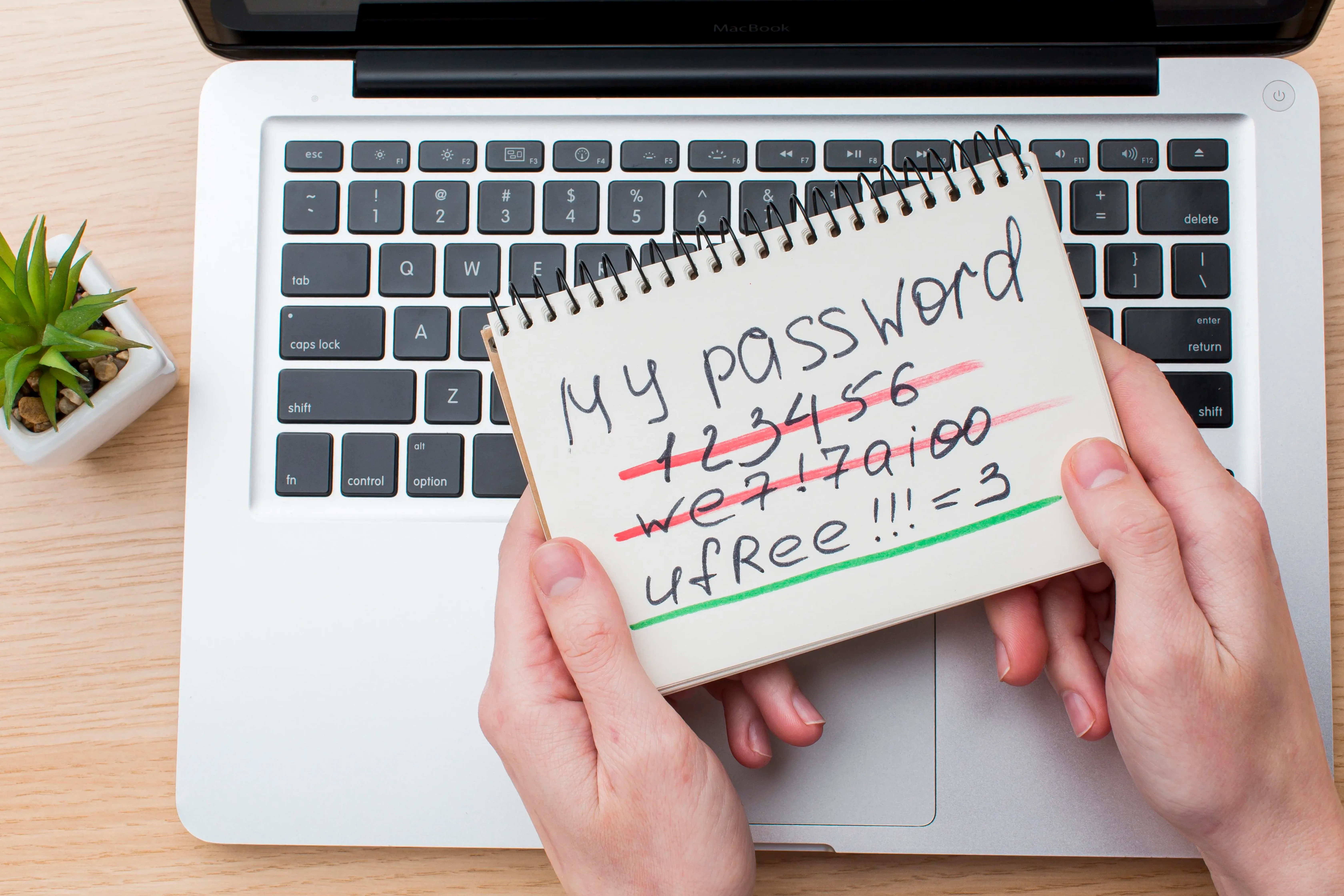What makes my passwords Vulnerable?

What Makes Your Passwords Vulnerable?
Online security is of paramount importance in today's digital age. One of the foundational elements of online security is having strong and secure passwords. Let's delve into the key factors that make your passwords vulnerable:
Common Password Vulnerabilities:
- Short and Simple Passwords: Passwords that are too short or use common words or phrases are easy for attackers to guess.
- Using Personal Information: Avoid using easily accessible information like your name, birthdate, or family members' names as part of your password.
- Reusing Passwords: Using the same password for multiple accounts is risky because if one account is compromised, all linked accounts become vulnerable.
- No Two-Factor Authentication (2FA): Neglecting to enable Two-Factor Authentication leaves your accounts vulnerable to unauthorized access, even if your password is strong.
- Dictionary Words: Avoid using full words found in the dictionary, as hackers often use dictionary attacks to crack passwords.
- Lack of Special Characters and Numbers: A strong password should include a mix of uppercase letters, lowercase letters, numbers, and special characters to increase complexity.
- Predictable Patterns: Avoid using patterns like "12345" or "password" as your password, as they are some of the first combinations attackers try.
Best Practices for Strong Passwords:
- Length Matters: Use a minimum of 12 characters in your passwords to increase complexity and make them harder to crack.
- Character Variety: Include a mix of uppercase letters, lowercase letters, numbers, and special characters (e.g., !, @, #, $) in your passwords.
- Avoid Personal Information: Stay away from easily guessable information like your name, birthdate, or commonly used phrases.
- Unique Passwords: Use a unique password for each online account to prevent a single breach from compromising multiple accounts.
- Enable Two-Factor Authentication (2FA): Whenever possible, enable 2FA to add an extra layer of security to your accounts.
- Password Manager: Consider using a reputable password manager to generate, store, and autofill complex passwords for you.
- Regular Updates: Change your passwords periodically, especially after a data breach or if you suspect your account may have been compromised.
Remember, strong and unique passwords are your first line of defense against online threats. Take the time to create and manage them securely to protect your digital life. Your online security is in your hands.